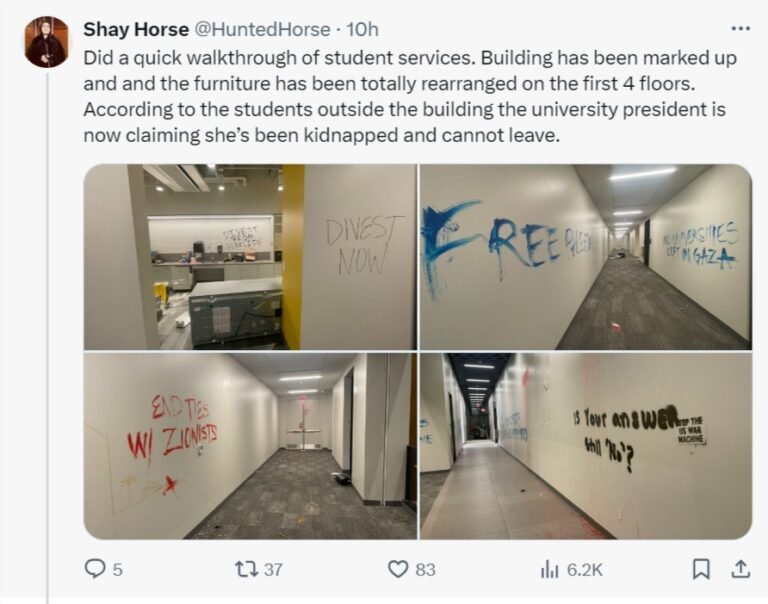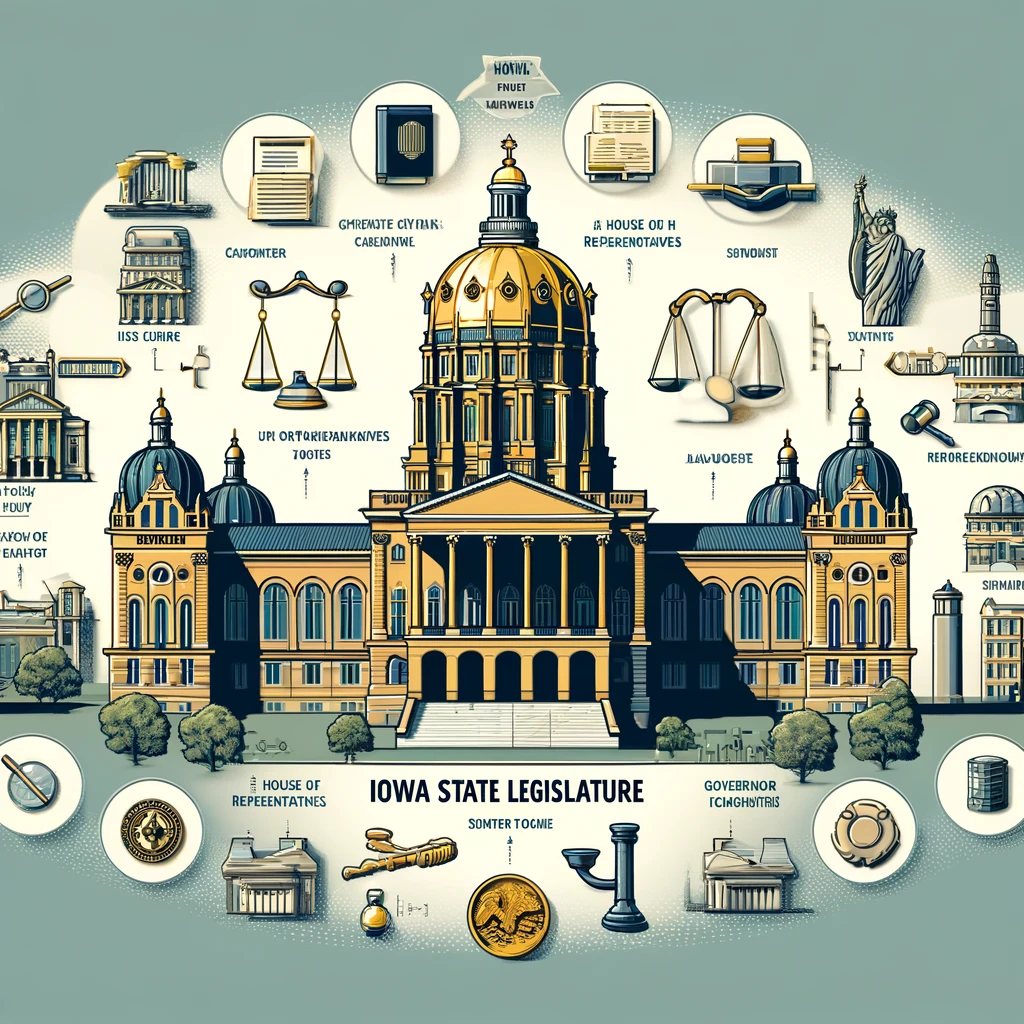Liberté, Égalité, Laïcité: Secular France’s Struggle with Religious Freedom
France's strict secularism faces challenges in a diverse society. From the French Revolution to modern debates on religious…

France's strict secularism faces challenges in a diverse society. From the French Revolution to modern debates on religious…

While critics decry it as a radical departure from church-state separation, a closer examination reveals a more nuanced…

When wielded by influential figures, harmful rhetoric can set the stage for violence, even if the original intention…

If the government gains more leverage over platform speech, it might restrict religious expression deemed harmful, even if…

Recent debates on employers firing employees for advocacy, such as anti-Israel views, highlight a critical question: Can an…

The Sixth Circuit has upheld a preliminary injunction against the U.S. Department of Education's (DOE) efforts to broaden…

The historical resonance of Kristallnacht, coupled with the recent violent attacks in Israel, amplifies the fears of Jewish…

The Fifth Circuit's decision to grant a stay on the religious-liberty training order for Southwest Airlines lawyers reflects…

In a significant advancement for religious liberty, Iowa Governor Kim Reynolds signed Senate File 2095, the Religious Freedom…
Jewish students sue UCLA, alleging campus antisemitism and exclusion zone in wake of protests. Lawsuit seeks immediate relief…